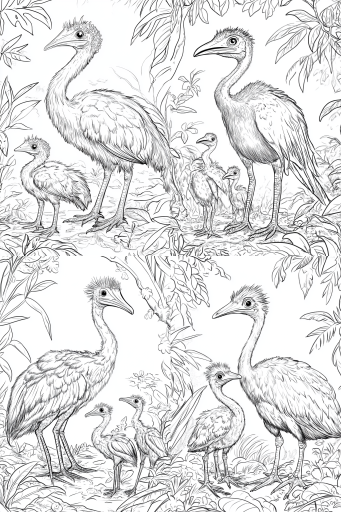Explore the Best AI Image Gallery

The Lens of Tomorrow: AI in Product Photography
Artificial Intelligence (AI) is continually transforming various sectors, and product photography is no exception. AI's entrance into this field has heralded an era where creativity meets technological efficiency.
The Impact on the Creative Industry
The implementation of AI in product photography is causing major ripples in the creative industry. Photographers are embracing AI technology to automate routine tasks, thereby dedicating more time to the artistic aspects of their job. AI can identify the best angles, optimize lighting conditions, and even perform real-time editing.
AI tools are enabling the creation of complex, high-resolution images with enhanced detail and depth. These capabilities are elevating the standards of product photography, pushing creatives to innovate further - the outcomes are nothing short of impressive.
Potential Uses
Potential applications of AI in product photography are vast. AI can virtually style products, process images more efficiently, and even empower small businesses with limited resources to access high-quality photography.
Because AI can gather and analyze large amounts of data, it can provide insights into customer preferences, encouraging photographers to tailor their work accordingly.
Looking further, AI could also bring virtual and augmented reality to product photography - this will change the game of e-commerce by providing the customers an immersive shopping experience.
Ethical Considerations
Despite such potential, integrating AI into product photography does pose certain ethical issues. The question of originality and ownership is a significant one: who holds the copyrights of AI-generated images? Moreover, as AI begins to emulate and often outperform human creativity, what should be the role of artists?
Such questions necessitate clear ethical guidelines to protect the rights of artists while promoting the productive use of AI.
Future Trends
As we look towards the future, clear trends emerge in AI's role in product photography. AI is expected to further blur the lines between human and machine-generated artistry. And the rise of virtual influencers confirms this trend.
Furthermore, with the advancements in deep learning models, AI has the potential to learn autonomously and edit images according to changing aesthetics and tastes. This autonomous learning ability of AI will revolutionize the way we perceive product photography.
Most significantly, the convergence of AI and other advanced technologies like virtual reality promises a future where product photography transcends 2D images - the future of product photography is immersive and interactive.
In conclusion, it is evident that AI has carved a new path for product photography. It offers numerous possibilities, triggering huge advancements in this field. However, with its potential also come certain ethical complexities that require careful thought and debate. Regardless, AI's foothold in product photography is undeniably strong, and its impact on the creative industry is transformative.